You may have recently heard about The Chicago Sun Times publishing an insert with an AI-generated list of 15 books to read this summer — 10 of which do not exist.
Sigh.
This human author has a list of REAL books — books that I have actually read and I think they are REALLY good. Books I think my readers will enjoy.
Adult Fiction
Amanda Peters, The Berry Pickers (Catapult, 2024).
In July of 1962, a 4-year-old Mi’kmaq girl arrives in Maine with her family to pick blueberries for the summer and vanishes. Decades later, the only child of an affluent white family in Maine suspects she was adopted, and searches to unlock the secret her parents kept hidden from her.
Middle Grade Fiction
Anton Treuer, Where Wolves Don’t Die (Levine Querido, 2024).
A contemporary coming-of-age story that begins in the Twin Cities when 15-year-old Ezra Cloud witnesses a gun shooting. To protect him, his parents send him north to the Canadian wilderness to run a trapline with his grandfather where he works on solving the murder. While recommended for readers ages 10-16, adults will enjoy it, too. Winner of the Minnesota Book Award 2025 in Young Adult Literature.
Poetry
Kimberly Blaeser, Ancient Light (University of Arizona Press, 2024).
In her sixth collection of poems, Kimberly Blaeser calls upon ancient wisdom of the Anishinaabe and memories of growing up on White Earth Reservation and turns them into songs, prayers, and picture-poems.
Adult Nonfiction
Robin Wall Kimmerer, The Serviceberry: Abundance and Reciprocity in the Natural World (Scribner, 2024).
Packed inside this pocket-sized book is a big idea: the gift economy. From the author of Braiding Sweetgrass, Kimmerer introduces the idea that our economy might be organized differently based on the principles of reciprocity and abundance found in nature. Serviceberries, also known as Saskatoons, Juneberries, Shadbush, or Sugarplums, illustrate how all flourishing is mutual.
Memoir
, Becoming Little Shell: A Landless Indian’s Journey Home (Milkweed Editions, 2024; paperback will be out August 12, 2025).After his father died, Chris La Tray began to research his family history. His paternal grandmother had always spoken of their Chippewa heritage, but he wanted to know who these relatives were and why his father never had any interest in knowing them.

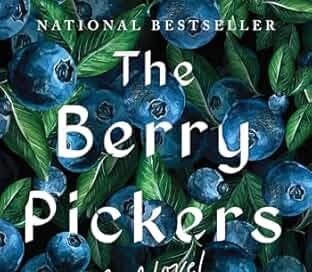



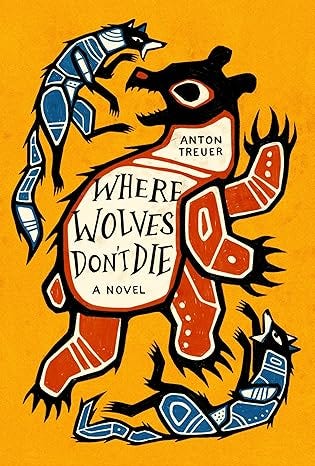
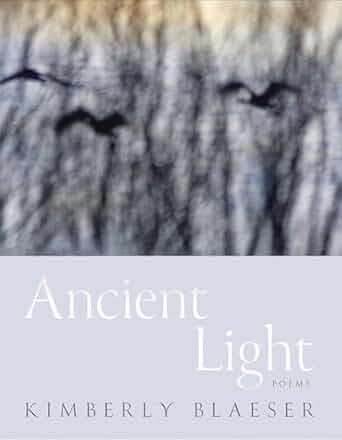
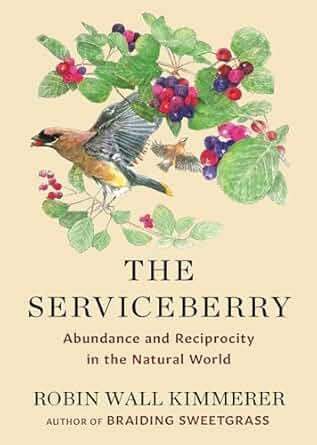
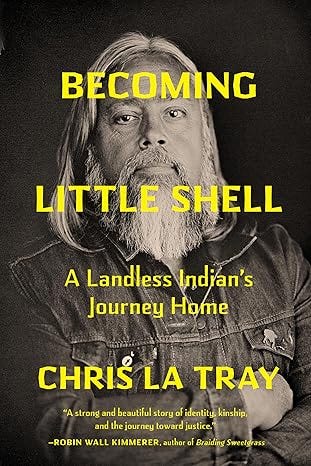
I would add two other books to your list that I have read recently. One is Maura Casey's "Saving Ellen", and the other is Martha Jean Johnson's, "The Queen's Musician" (especially for those who love historical fiction).
Thank you for pulling this together and how “novel” of you to include books that are actually findable!!